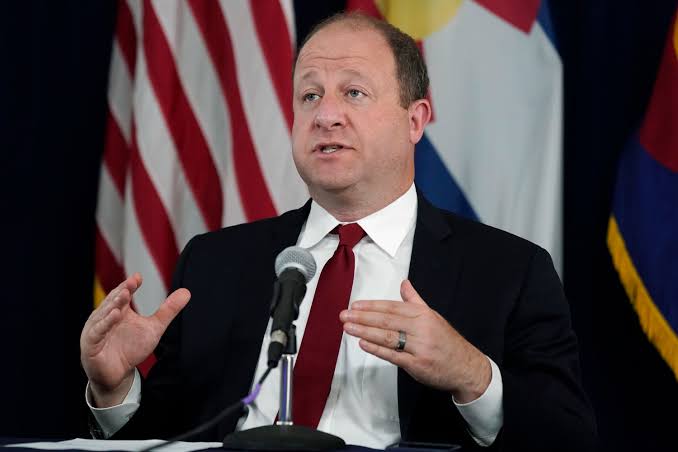I should know, I had a store for 16 years!
You could try tossing all your receipts into a shoebox and then handing them to your CPA at tax time and hoping for the best. But you would also be handing over financial control and losing touch with the running costs of your business. Being out of touch with your numbers can jeopardize decision making and stunt your potential for growth. Not to mention, a CPA will charge a pretty penny for all that work.

But don’t sweat it. Accounting isn’t as complex as you might fear. You may need a bookkeeper to oversee your monthly or quarterly numbers (hint hint) but you shouldn’t need one for day-to-day management. And knowing more about accounting will help you ask the right questions once you do decide to outsource your bookkeeping.
The following ten accounting basics will cover everything you need to know to understand your money and ask smart questions about your small retail business. I’ll be covering each one in more depth in this blog.
- Select the right accounting software
- Set your sales tax rates and other details upfront
- Track your cash flows
- Determine how to count inventory
- Understand the cost of goods sold (COGS)
- Calculate all other expenses
- Figure out your sales level break-even
- Track gross revenue and profit before tax
- Plan for tax filings
- Understand your balance sheet
Feel free to email me any follow up questions you have or leave a comment below.
This is Part One of a longer blog post: Top Ten Bookkeeping Basics for Retailers
Part Four of this series coming soon…


